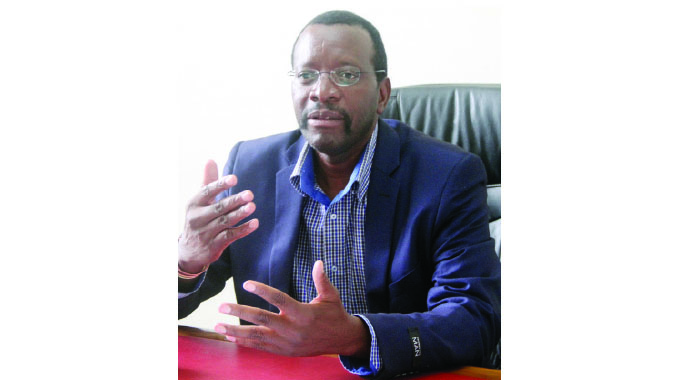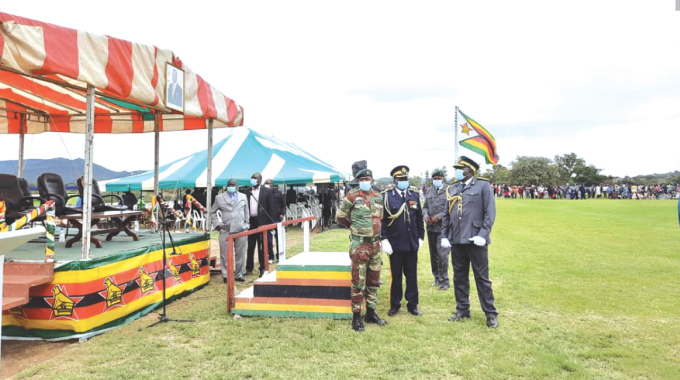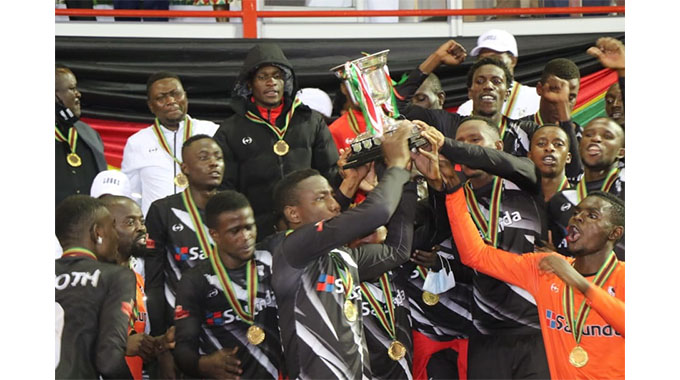Zim now boasts of more than 100 hospitals, clinics, surgeries and pharmacies across the country

Thandeka Moyo-Ndlovu, Senior Reporter
THE country yesterday celebrated its 42nd birthday from Britain’s colonial belly and as we celebrate this milestone achievement, we take the opportunity to take stock of developments in the health sector which has seen an increase in the number of privately-owned healthcare institutions that are complementing public health institutions.
Unlike in the pre-Independence era when black Zimbabweans only had limited access to healthcare, the country now boasts of more than a hundred hospitals, clinics, surgeries and pharmacies. Gogo Ethel Mbano (87) who suffers from arthritis, hypertension and diabetes and is a regular patient at United Bulawayo Hospitals (UBH) says had she developed these chronic diseases before 1980, she would not have been allowed in the institution as it was a preserve of the white minority who stayed in the Eastern suburbs.
Mpilo Central Hospital catered for the blacks and there were few council-run clinics in the western suburbs. Many from the rural areas had to travel long distances to seek health care services in towns and cities like Bulawayo as there were very few health institutions in rural areas.
“The only blacks allowed into UBH then were general hands and the rest of us were forced to queue at Mpilo which was not as big as it is now. We also didn’t have as many doctors as is the case now and seeking specialist medical services was a big challenge.
The situation was worsened by the fact that many of us were doing menial jobs and as such could not afford specialist fees given our salaries,” says Gogo Mbano. She said she was happy that many blacks now run private surgeries and people can easily access specialist health care services even at public hospitals.
“We are grateful for the progress made and the number of Zimbabweans who have trained and continue to train so that they help their own people,” said Gogo Mbano.
For Sister Sibongile Moyo who has been a nurse since 1975, much has changed in the healthcare system since Independence in 1980.” I remember training under white tutors and sisters in-charge back then when we had one or two black doctors at Mpilo and other public institutions reserved for blacks. It never dawned to us that one day we would run hospitals without any single white person,” says Sister Moyo.

The late Dr Fallala
She said after Independence opportunities opened up and many blacks had the chance to practice in private institutions and even establish their own clinics, surgeries and pharmacies.
“We are grateful for these establishments and we now have more qualified personnel to render healthcare services to our people,” said Sister Moyo.
She said Independence also brought innovation in terms of traditional medicines which have been in use since time immemorial with harmonisation of traditional and modern medicine ongoing.
One of the doctors, a gynaecologist who runs his own private women’s hospital in Bulawayo, Professor Solwayo Ngwenya said Independence also liberated medical personnel from relying on whites especially for specialists’ services.
“At Independence, only a few of us owned private surgeries meaning the Government had the burden of solely providing healthcare services to the black majority,” said Prof Ngwenya.
He said the likes of the late Dr Muriel Selma Fallala were instrumental in establishing private surgeries and she mentored many of them. “This was possible because we are a free country and able to tap into our potential without worrying about colour and racial segregation,’’ said Prof Ngwenya.
He said before Independence blacks could not dream big or think of specialising as whites dominated the field.
“We are happy we have quite a number of specialists, people who speak our languages. It is a fact that before Independence, many people seeking health services were turned away at UBH because it was a whites only hospital.
Things have changed and people can go to any hospital to seek services regardless of their race,’’ said Prof Ngwenya.
Mrs Stella Nyoni said people in rural areas now have clinics and hospitals close to them unlike before Independence when they had to travel long distances to seek services at the few clinics and hospitals.
“District hospitals were mostly in towns which meant people had to travel to cities and towns to seek services at these big hospitals. We would walk for days as there was no public transport in some areas.
“After Independence, Government built many clinics and hospitals and there is no need now to travel to town to seek services,’’ said Mrs Nyoni. — @thamamoe












Comments